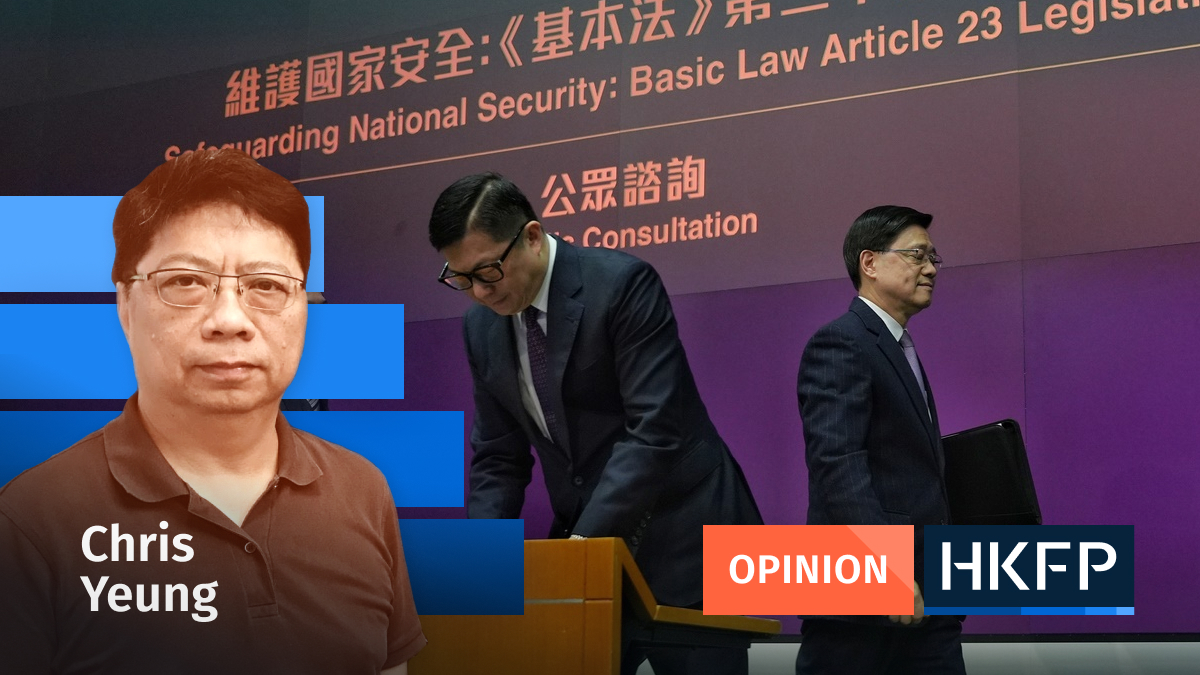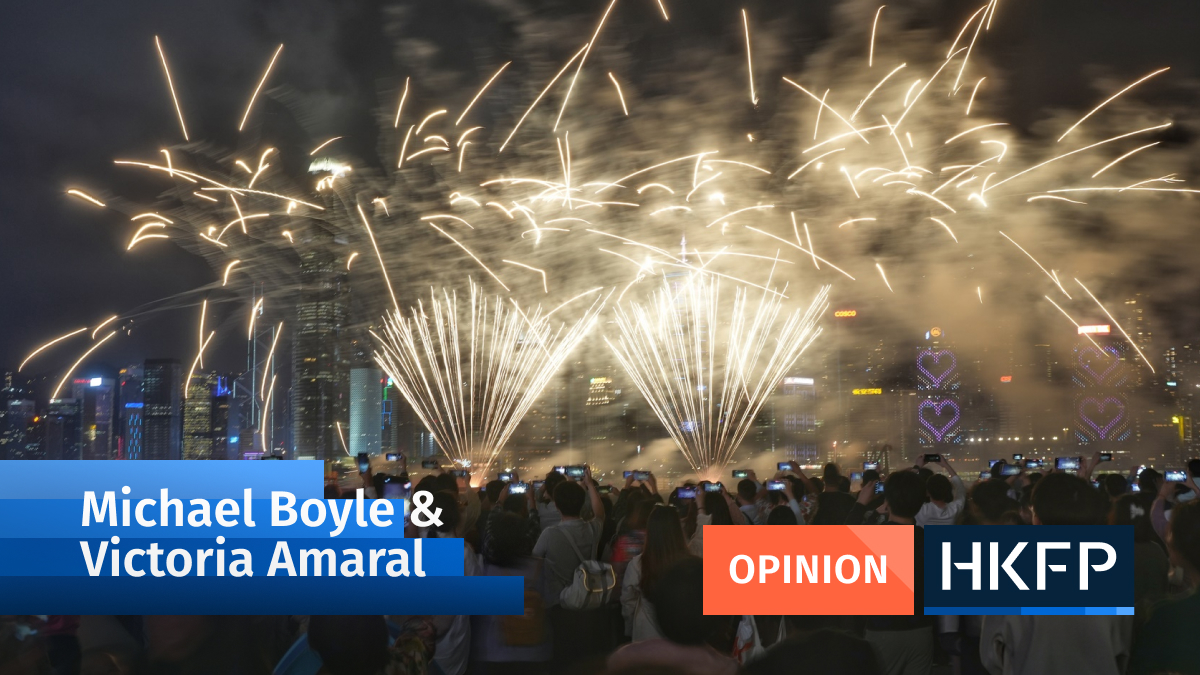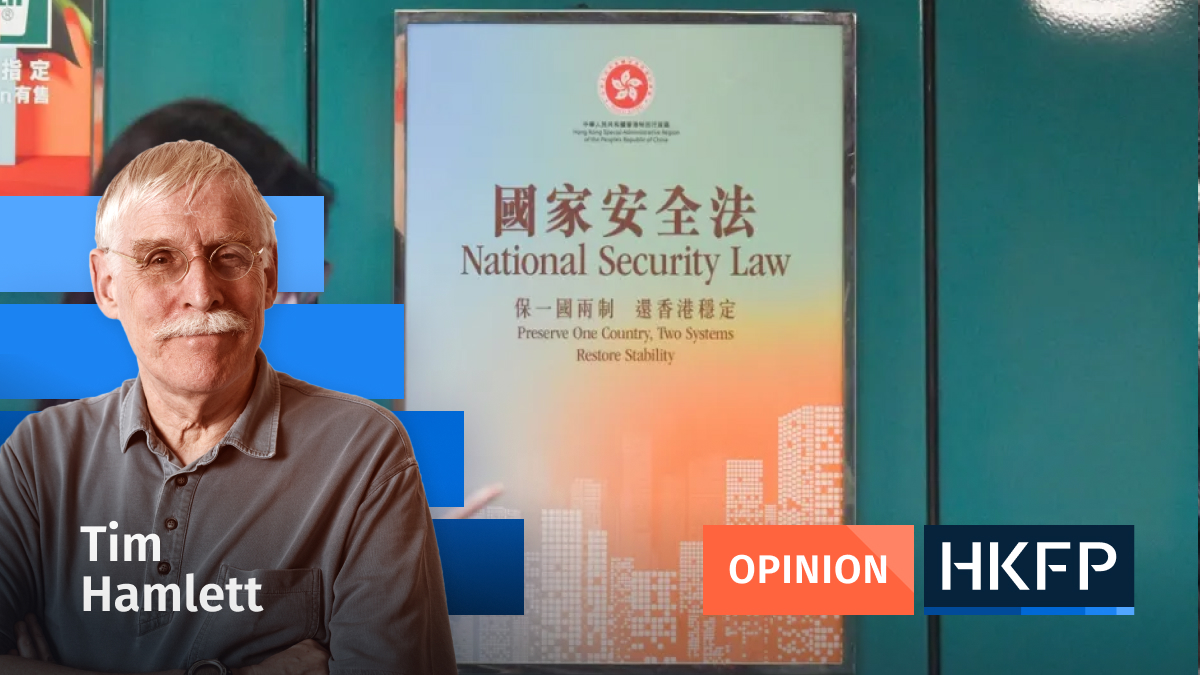In Hong Kong, where East and West collide, a crucial piece of legislation has long remained unresolved. Article 23 of the Basic Law, which pertains to national security, has been the subject of contentious discussion for numerous years. It is imperative to acknowledge the urgency and the meticulous coordination that the legislation necessitates as we attempt to address this long-overdue responsibility.
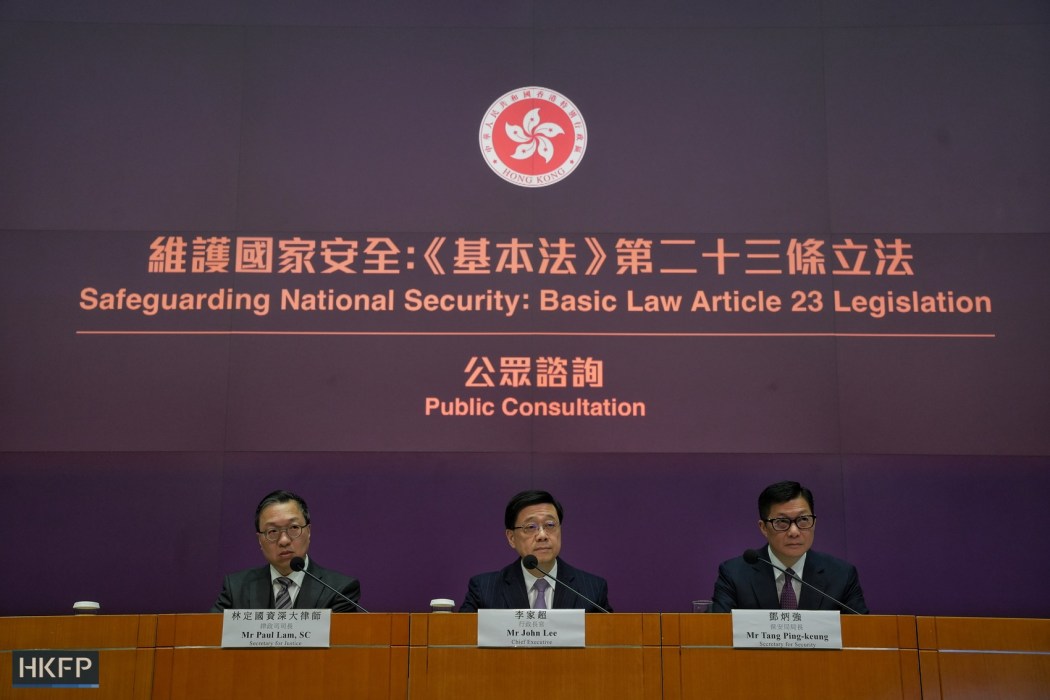
In this article, I intend to address the relevance and significance of Article 23, the challenges it raises, and the commitment to clarity and transparency. Our capacity to navigate this complex terrain while maintaining security without compromising civil liberties will ultimately determine Hong Kong’s fate.
Article 23 of the Basic Law states that the city “shall enact laws on its own to prohibit any act of treason, secession, subversion against the Central People’s Government, or theft of state secrets, to prohibit foreign political organisations from conducting political activities in the region, and to prohibit political organisations or bodies of the Region from establishing ties with foreign political organisations.”
The Hong Kong Journalists Association (HKJA) is among the most prominent opponents of Article 23, claiming that the law will erode press freedom and risk journalists’ safety. In a Legislative Council submission in April 2023, the HKJA argued there was no urgent social need for Article 23, adding that its provisions on sedition and theft of state secrets posed “the greatest threat to freedom of expression.”
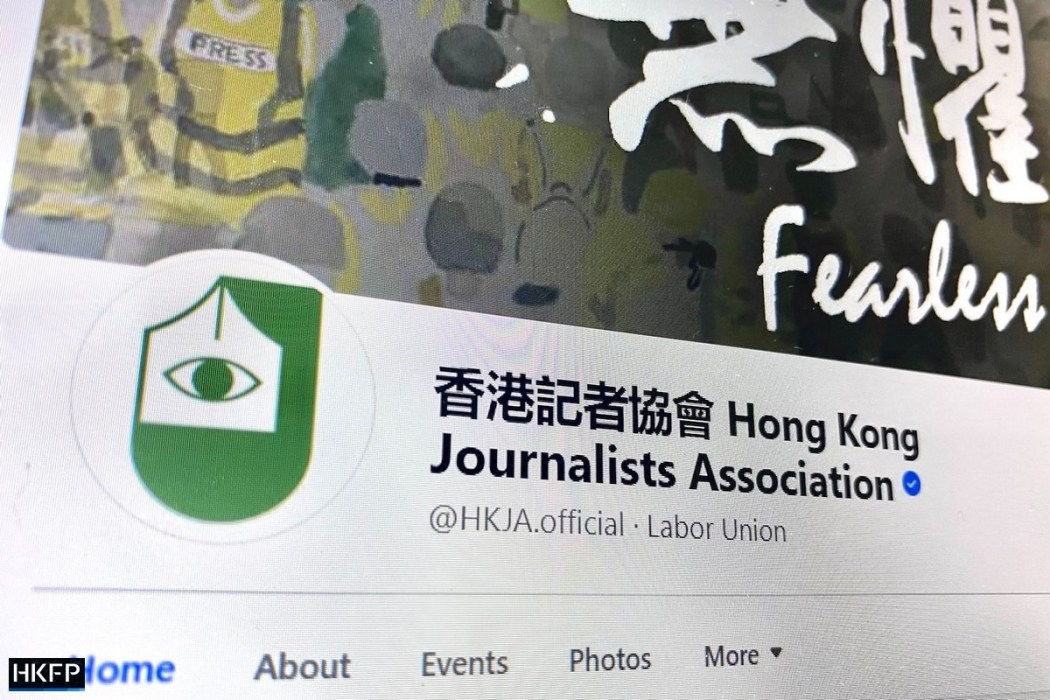
With all due respect to the HKJA, journalists have an obligation to safeguard national security and abide by the law, just like the rest of us. This holds true regardless of geographical location. Since journalists serve as the fourth estate, preserving individual rights and acting as a crucial watchdog against government excess, they are not immune from legal repercussions. Article 23 targets individuals who jeopardise China’s sovereignty, unification, and territorial integrity as opposed to media institutions or journalists for their work. It makes no mention of accountability or objectivity among journalists. Conversely, they will benefit from a more stable and secure society where they may practise their profession without hindrance or intimidation. Press freedom will be bolstered, not diminished, by Article 23.
The essence of Article 23 is its unwavering commitment to safeguarding Hong Kong’s national security. In order to accomplish this, an uncompromising and rigid approach is not only advocated but also required. A permissive interpretation of Article 23 would render it toothless. National security threats are not hypothetical; they are real and constantly evolving. Adopting a stringent strategy conveys an explicit message that transgressions are not tolerated. It serves as a deterrent to those who attempt to destabilise our stability.
Critics, like the HKJA, allege that strictness infringes on civil liberties. I beg to differ. I contend that only in a safe environment can freedom flourish. A well-defined Article 23 can guarantee the harmonious coexistence of individual rights and collective security. The challenge is enacting laws that safeguard both in a delicate balance. Take the United Kingdom, a country with a robust legal system, as an example. Nobody would claim that, despite their strictness, the UK’s anti-terrorism measures have suppressed democratic norms and principles. I believe Hong Kong may likewise attain this equilibrium. It is arguable that our proposed legislation is less stringent than that of the United Kingdom, which criminalises “publication of images” or “reckless expressions of support for a proscribed organisation,” or uploading images of, proscribed organisations.
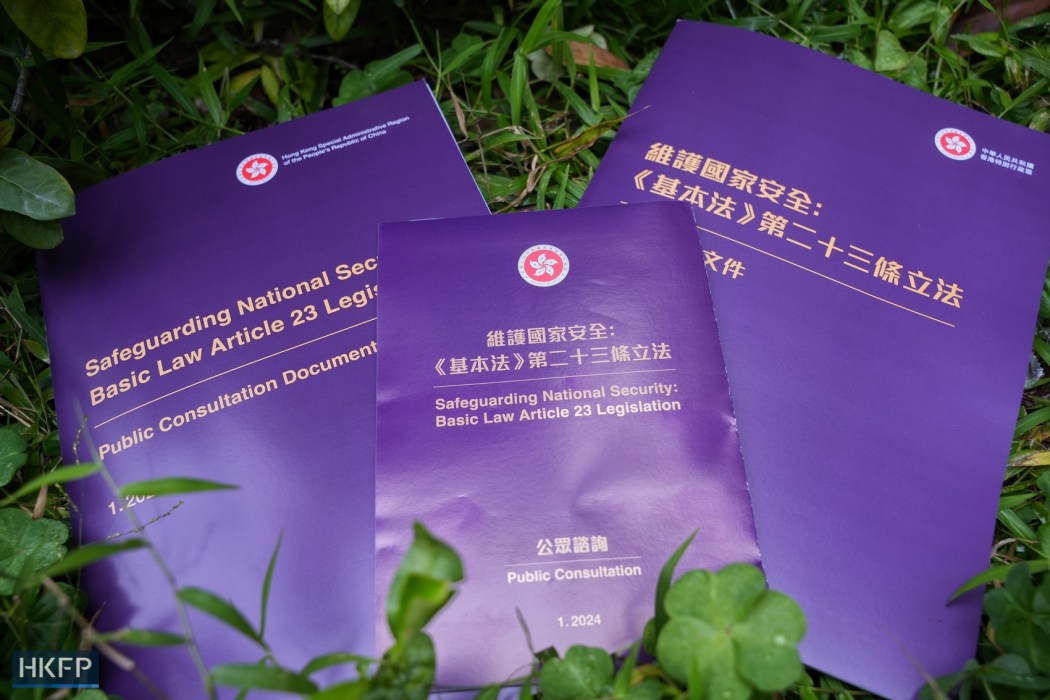
For years, Article 23 has lingered in the shadows of Hong Kong’s legislative process. Its delayed implementation is more than simply bureaucratic red tape; it exposes a significant flaw in our legal system. As we navigate the complexities of national security, completing this unfinished business becomes paramount. The urgency derives from the ever-changing panorama of threats. Our adversaries adapt swiftly, exploiting vulnerabilities. If Article 23 remains dormant, it’s akin to having an unguarded gate as the fortress falls. Time is of the essence.
Hong Kong’s residents deserve a legal system that protects their safety and preserves their way of life. Implementing Article 23 is not an option; it is a responsibility that we owe to our citizens.
Finally, we must ensure that there is no ambiguity in the statute. We are committed to provide thorough instructions and justifications. The text of Article 23 will prioritise clarity to ensure that Hongkongers understand their rights and obligations. Transparency fosters trust, and that’s crucial to the prosperity of Hong Kong.
In essence, Article 23 is not an infringement on our liberties; rather, it serves as a safeguard against potential hazards to our way of life. Let us pursue an uncompromising yet open and transparent strategy that protects our security while ensuring civil liberties. This delicate balance that Hong Kong must achieve is crucial to its future.
Type of Story: Opinion
Advocates for ideas and draws conclusions based on the interpretation of facts and data.
Support HKFP | Policies & Ethics | Error/typo? | Contact Us | Newsletter | Transparency & Annual Report | Apps
| HKFP is an impartial platform & does not necessarily share the views of opinion writers or advertisers. HKFP presents a diversity of views & regularly invites figures across the political spectrum to write for us. Press freedom is guaranteed under the Basic Law, security law, Bill of Rights and Chinese constitution. Opinion pieces aim to point out errors or defects in the government, law or policies, or aim to suggest ideas or alterations via legal means without an intention of hatred, discontent or hostility against the authorities or other communities. |
Help safeguard press freedom & keep HKFP free for all readers by supporting our team

More HKFP OPINION:
HKFP has an impartial stance, transparent funding, and balanced coverage guided by an Ethics Code and Corrections Policy.
Support press freedom & help us surpass 1,000 monthly Patrons: 100% independent, governed by an ethics code & not-for-profit.





